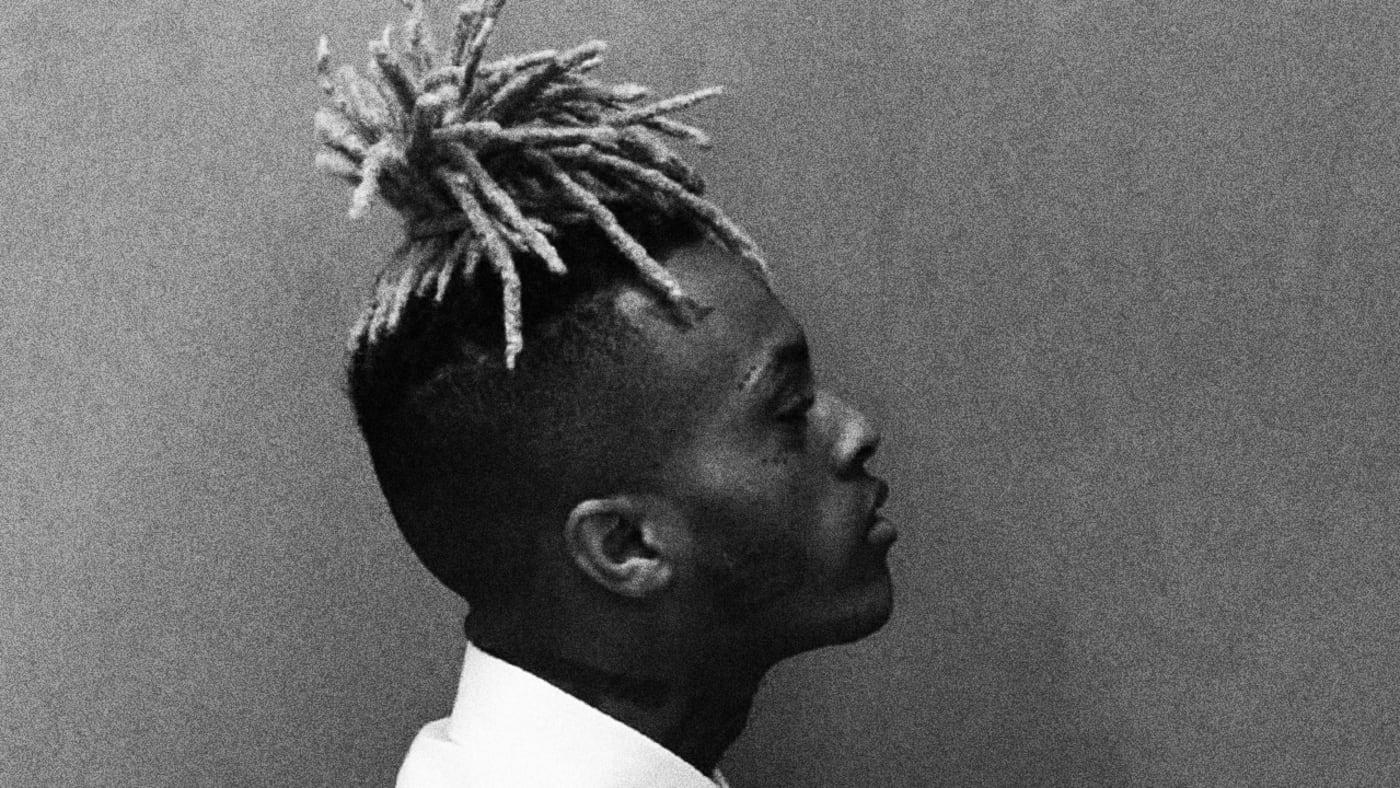How should we remember the problematic rapper XXXTentacion?
Rapper XXXTentacion was shot dead (June 27, 2018) in what police are calling “an apparent robbery.”
The 20-year-old Florida native found breakout success on SoundCloud thanks to his 2015 single, “Look At Me,” which eventually led into his second studio album, called ?, which debuted at No. 1 back in March. But XXXTentacion’s success is inextricably linked to a history of violence that has sparked a debate about how he should be remembered.
When news of his death broke, fans and celebrities flooded social media with the typical outpouring of grief, prayers, and RIPs. There were also those who weren’t so quick to forget XXXTentacion’s many appalling offenses, which included a 2016 domestic abuse case in which the rapper was charged with aggravated battery of a pregnant woman, false imprisonment, domestic battery by strangulation, and witness tampering.
In today’s “cancel culture,” where there can understandably be a zero-tolerance attitude toward a public figure’s transgressions, any moderate ground can be fraught with land mines of insensitivities and victim blaming. In a series of tweets, singer Jidenna brought up some noteworthy points in defense of XXXTentacion while not shying away from his violent behavior:
R.I.P @xxxtentacion No one can be so self-righteous that they are happy when a youth dies. The young still have the capability to reform. God bless the kids. #xxxtentacion
— Jidenna (@Jidenna) June 18, 2018
For the record, I was never in support of his ways, especially his domestic abuse which I found to be horrific. But I will never demonize an individual without criticizing the society and/or circumstance in which they were raised. Especially someone under 21.
— Jidenna (@Jidenna) June 18, 2018
For those who are so woke that their compassion is asleep, remember this…if Malcolm X was killed at the age of 20, he would have died an abuser, a thief, an addict, and a narrow-minded depressed & violent criminal. So, I believe in change for the young.
— Jidenna (@Jidenna) June 18, 2018
My point here is not to equate Malcolm with XXX, but to point out that a young lost kid can evolve into something greater. I do believe kharma was at work, however, so I pray that men heed this warning and that we revere women more than any generation b4 us.
— Jidenna (@Jidenna) June 18, 2018
As I’m watching people make @xxxtentacion a martyr, I pray that we recognize the women enduring sexual assault & domestic abuse around the world. They are the true martyrs & heroes. While I‘ve expressed compassion for troubled youth, I salute women worldwide
— Jidenna (@Jidenna) June 19, 2018
XXXTentacion has been open about his struggles with depression, and his childhood was marked by instability. As Jidenna points out, XXXTentacion was a product of the tumultuous environment in which he was raised, and he won’t be afforded the opportunity to change or make amends for his behavior.
But how many people would XXXTentacion have to harm before he figured out right from wrong?
Despite public accusations of violence against women and charges of robbery, XXXTentacion still sailed to No. 1, backed by a legion of die-hard fans–to the shock of absolutely no one. There’s a long history of men across sports and entertainment committing horrific crimes, yet facing few, if any, repercussions. (See, among others, Chris Brown.) XXXTentacion could have atoned for his misconduct at some point down the line, but during his short career, there was no impetus to do so. In 2016, right in the thick of his controversies, Capitol Records offered XXXTentacion a reported $6 million deal. To some, this amounted to a major label essentially cosigning XXXTentacion’s alleged crimes. When a backlash from the public came, he threatened to quit music. But he didn’t. Instead, he wound up with a No. 1 album.
If XXXTentacion could reach that level of success despite his past, it’s hard to imagine where a label or fans would draw any line. Separating an artist from his art is no simple task. XXXTentacion was undeniably polarizing. But it makes no sense to cast his past in a rosy hue, nor does it do any good to not consider what in his past might have contributed to his actions. Whatever legacy XXXTentacion leaves behind, it should be told in full.
(102)



